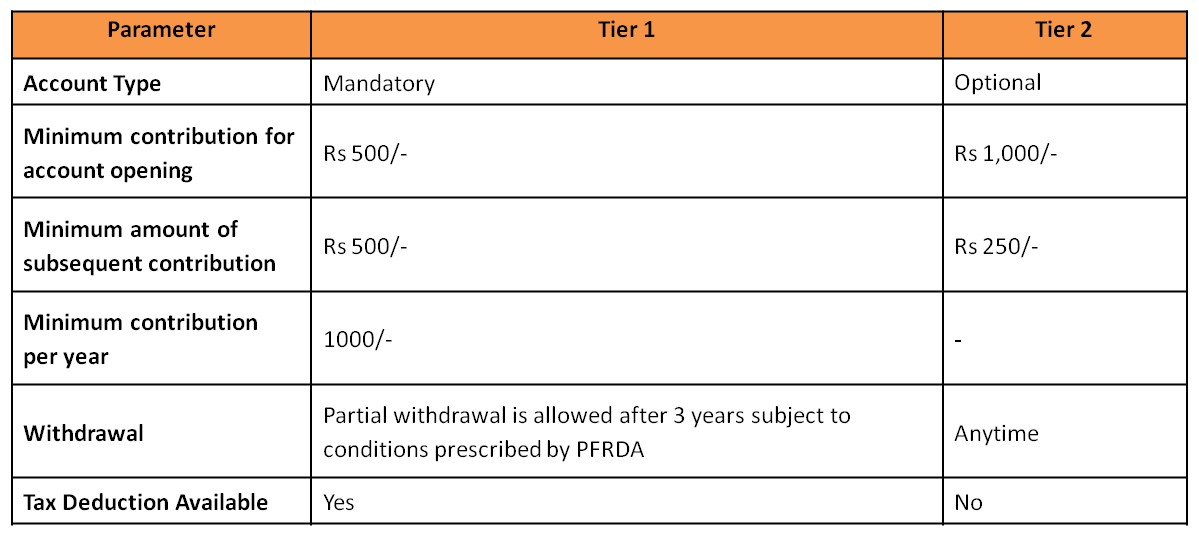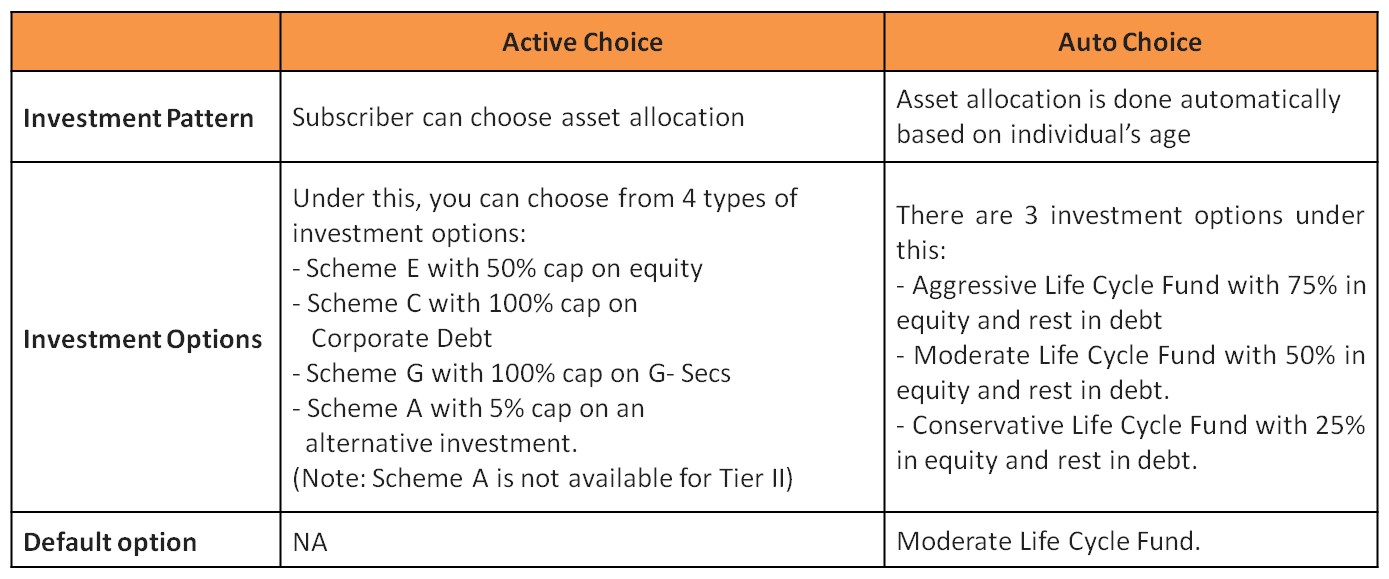Product
Mutual Fund
-
Mutual Fund is not necessarily all about equity or stocks.
Mutual funds also deal into debt instruments like Certificate of Deposits (CDs), Bonds, Govt. Securities (G-Sec.), Non-convertible Debentures (NCDs) etc. This means that a mutual fund scheme can also have all or some of these debt instruments in its portfolio. MF schemes that are having debt papers of very small duration are least risky. Similarly, carefully chosen debt MF schemes can be as safe as fixed deposits along with better tax-adjusted return.
-
Starting your investment in Mutual Fund is easy.
All you need is to be KYC compliant and have an active bank account. That’s it.
-
Investment in Mutual Fund can be made in lump sum or systematically.
A. Through Systematic Investment Plans ( SIP ) you can invest a fixed amount at regular intervals for any number of years. This way your investments will reap the benefit of rupee cost averaging i.e. buying more units when price is low and buying lesser units when price is high.
B. If you need regular withdrawals from your Mutual Fund investment, then Systematic Withdrawal Plan ( SWP ) is the best option. Here a fixed amount (set by you) will be automatically withdrawn for preset number of years. Depending on the fund available and withdrawal amount, this will continue.
C. If you are concerned about short term volatility while making a lump sum investment, then go for Systematic Transfer Plan ( STP ). Here, the lump sum money will be first invested in a liquid scheme (low risk debt fund) and then from there, a fixed amount will be transferred to a chosen equity scheme of the same fund house. This way, exposure in equity scheme will be made on a staggered basis and hence risk is minimized in case of volatile market movements.
How are your Mutual Fund investments taxed?
-
Taxation of Dividends Offered by Mutual Funds
As per the amendments made in the Union Budget 2020, dividends offered by any mutual fund scheme are taxed in the classical manner. That is, dividends received by investors are added to their taxable income and taxed at their respective income tax slab rates. Previously, dividends were tax-free in the hands of investors as the companies paid dividend distribution tax (DDT) before paying dividends.
-
Taxation of Capital Gains of Equity Funds
Equity funds are those mutual funds where more than 65% of it total fund amount is invested in equity shares of companies. As mentioned above, you realise short-term capital gains if you redeeming your equity fund units within a one year. These gains are taxed at a flat rate of 15%, irrespective of your income tax bracket. You make long-term capital gains on selling your equity fund units after holding them for over one year. These capital gains of up to Rs 1 lakh a year are tax-exempt. Any long-term capital gains exceeding this limit attracts LTCG tax at 10%, without indexation benefit.
-
Taxation of Capital Gains of Debt Funds
Debt funds are those mutual funds whose portfolio’s debt exposure is more than 65% and equity exposure is not more than 35%. Starting 1st April 2023, the debt funds will no longer receive indexation benefit and deemed to be short-term capital gain. Therefore, the gains from debt funds will now be added to your taxable income and taxed at the slab rate. Earlier, the long-term capital gains from debt funds were taxed at 20% with indexation benefit.
-
Taxation of Capital Gains of Hybrid Fund
The rate of taxation of capital gains on hybrid or balanced funds is dependent on the equity exposure of the portfolio. If the equity exposure exceeds 65%, then the fund scheme is taxed like an equity fund, if not then the rules of taxation of debt funds apply. Therefore, it is essential to know the equity exposure of the hybrid scheme you are investing in, if not then you might be in for a nasty surprise on redemption of your fund units. The following table summarises the rate of taxation of capital gains on mutual funds:
Fund type
Short-term capital gains
Long-term capital gains
- Equity funds
- Hybrid equity-oriented funds
15% + cess + surcharge
Any gains above Rs 1 lakh is taxed at 10% + cess + surcharge
- Debt funds
- Hybrid debt-oriented funds
Investor’s income tax slab rate
Investor’s income tax slab rate
KVK Finserv
Corporate Fixed Deposits
- Corporate Fixed Deposit also popularly known as Term Deposit is an investment option wherein interest rate is fixed for a predefined term.
- Deposits placed by an investor with companies are known as Company/Corporate Fixed Deposit. These deposits are accepted by manufacturing companies, financial institutions, and non-banking finance companies. Deposits mobilized by these companies are governed by the Companies Act u/s 58A.
Basic Info About Corporate Fixed Deposit
- The tenure of company FDs can range from a few months to a few years.
- You can choose from monthly, quarterly, half-yearly, yearly or cumulative interest payment option.
- The interest income rate earned on FD is added to your income and is taxed as per your income tax slab.
- In cases where the annual interest income exceeds Rs 10,000; TDS will be deducted by the company.
- If you do not want the TDS to be deducted, you need to submit form15G/H with the company.
Warning: Undefined array key "float_custom_ease" in /home/u477030437/domains/kvkfinserv.in/public_html/wp-content/plugins/saga_core/elementor/elements/mo-image.php on line 742
>

Warning: Undefined array key "float_custom_ease" in /home/u477030437/domains/kvkfinserv.in/public_html/wp-content/plugins/saga_core/elementor/elements/mo-image.php on line 742
>

Warning: Undefined array key "float_custom_ease" in /home/u477030437/domains/kvkfinserv.in/public_html/wp-content/plugins/saga_core/elementor/elements/mo-image.php on line 742
>

Bonds & NCD’s
They cannot be transferred or converted to equity, unlike convertible debentures that can be converted by the issue of company shares. NCD issues are rated by credit rating agencies like CRISIL, ICRA, FITCH, and CARE to ensure the company's ability to service the debt on time & lower default risk. NCDs can either be secured or unsecured. NCDs secured by the issuer company's assets to fulfill the debt obligation is considered secured NCDs.
If the NCD is held till maturity, the interest earned is added to the total income & taxed at a marginal rate of income tax as per the appropriate tax slab. If the NCD is sold before maturity, Short Term or Long-Term Capital Gains Tax is applicable.
Why Fixed Income Instrument?
- Earn more than Bank FD - Company FDs would earn more interest income than Bank FDs.
- Choose your Interest frequency - You can choose between monthly, quarterly, bi annual and annual interest options.
- Invest based on Rating - CRISIL and ICRA rating are available for Company FDs which help you assess risk.





